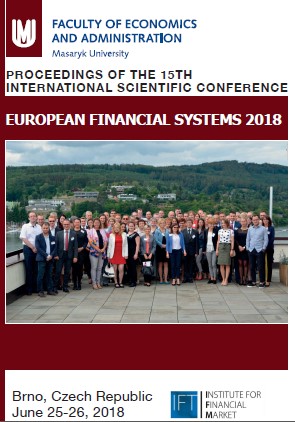Ratio Bias under Conditions of Uncertainty – Experimental Results
Ratio Bias under Conditions of Uncertainty – Experimental Results
Author(s): Maria Forlicz, Tomasz Rólczyński
Subject(s): Evaluation research, Socio-Economic Research
Published by: Masarykova univerzita nakladatelství
Keywords: decision under uncertainty; lottery; expected value;
Summary/Abstract: It has been found that when making decisions under risk regarding positive results (gains), people prefer lotteries with probabilities expressed as a ratio of large numbers (eg. the chance of winning is 30 to 1000) to lotteries with equal probabilities expressed as a ratio of small numbers (eg. 3 to 100)- it is a phenomenon called ratio bias (eg. Denes-Raj, Epstein [1994], Reyna, Brainerd [2008]). However, since it is usually impossible to know or to calculate probabilities of occurrence of various events, it seems plausible to claim that most decisions made in everyday life are decisions under uncertainty. That is why the aim of this article is to investigate people’s perception of chances to win in a lottery under conditions of uncertainty when for the same price they obtain fewer or more tickets (with equal prices and number of tickets obtained for all participants). It is important to know if buying 1 ticket for 1 euro is as attractive as buying 10 tickets for the same price while the (unknown) probability of winning stays the same. The aim will be achieved by conducting an experiment with real but non-monetary payoffs. Students will be given an opportunity to participate in a lottery in which one can win additional points to their final score in a subject. In Scenario I a student will be able to buy one lottery ticket for a small price, while in Scenario II 10 lottery tickets. In both scenarios the number of winning tickets will be the same. Along with ratio bias theory it is hypothesized that (with unchanged probability of winning) an increased number of tickets sold for a specified price will effect an increased demand for the tickets.
Book: European Financial Systems 2018 - Proceedings of the 15th International Scientific Conference
- Page Range: 109-115
- Page Count: 7
- Publication Year: 2018
- Language: English
- Content File-PDF

